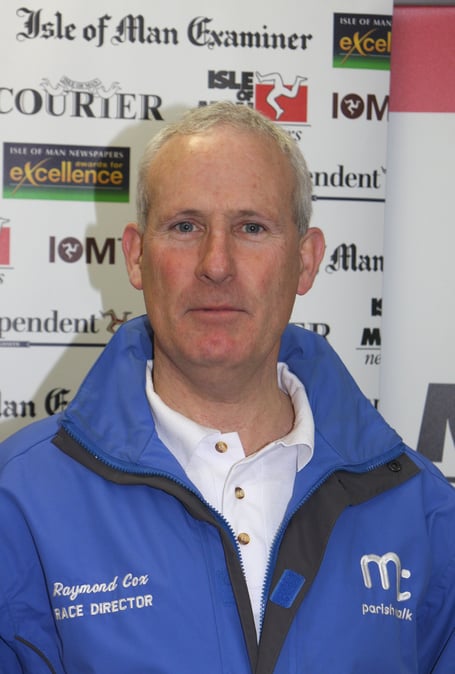After a woman was jailed for animal neglect, the vet who was called to assess the condition of the 19 horses said that there were many charity organisations which the woman could have reached out to for help in caring for them.
Wendy Elizabeth Megson, aged 61, was jailed for 20 weeks and banned from keeping animals for 10 years.
She was also ordered to pay £4,700 in compensation to parties who had since taken on the care of the animals.
Vet Ray Cox (now retired) told Isle of Man Today that while he had seen some bad cases of animal abuse in the island, often involving dogs, he had never witnessed anything on this scale before – given the number of animals involved.
He explained about the range of potential assistance available.
‘There’s the Manx SCPA as a first port of call – which though they have always traditionally focused on smaller, non-agricultural, animals, they do work closely with the other agencies who specialise in horses.
‘These are Island Horse and Pony Aid, they’re always there, and the British Horse Society – which have a very well-structured welfare system, whereby if you flag up a problem, they have a whole team of people who can advise and help.
‘And they do have volunteers on the Isle of Man who would literally go on the ground and do the work – i.e. get feed, get the horses sorted out.
‘The main contact on the island is Angie Goody, and their welfare system is under-utilised and certainly something which should be highlighted’.
Mr Cox continued: ‘And then, if an animal needs somewhere to go, there’s the home of rest [for old horses], we took in six of those horses.
‘After that you’ve got private individuals, people in the Isle of Man are generous as a rule.
‘If that lady had wanted help, I’m quite confident she would have got it.’
Mr Cox explained that as these organisations are charities, it would not have been costly to Megson, ‘but she would have had to have been responsible, and she may have had to maybe sign over guardianship of the horses and things like that’.
He added: ‘But having said that, on an individual basis, quite a lot of help has been given to people where they still retained ownership and guardianship of the horse or pony, but they have had help.
‘And that could be with feed, or sending them in the right direction for veterinary help, basic husbandry advice, or about deworming, pasture management – all that’s available free of charge, these organisations exist for that.’
Mr Cox said that the only relief about the situation was that the ‘individual severity’ of the horses’ conditions was not so serious to the point any had to be euthanised, and that they recovered well once properly looked after.
‘They were just starving, and all the diseases they had stemmed from the poor nutrition and poor pasture management,’ he said.
‘So once we got hold of them, it actually didn’t take a lot of resources to fix the problem – it was actually quite gratifying to see how quickly the horses bounced back.’
Mr Cox added: ‘I had originally given a prognosis of three to six months for the horses to begin to look like proper horses and ponies again, but one of the little ponies recovered in about a month.
‘I think it’s a testament to the resilience of the ponies as much as anything, they were hardy animals.’

.jpeg?width=209&height=140&crop=209:145,smart&quality=75)


